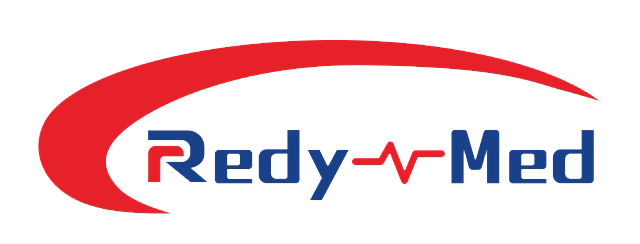As healthcare technology continues to evolve, the role of Holter cables in cardiac monitoring solutions is becoming increasingly significant. These cables are essential for capturing accurate heart data over extended periods, allowing for comprehensive analysis and diagnosis of various cardiac conditions. In this blog, we will explore the future of Holter cables, their technological advancements, and their impact on patient care.
Understanding Holter Cables
Holter cables are specialized devices used in ambulatory electrocardiography (ECG) to monitor the heart’s electrical activity continuously for 24 hours or more. They are designed to be lightweight and comfortable, enabling patients to go about their daily activities while collecting vital heart data. This non-invasive method is crucial for diagnosing arrhythmias, ischemic heart disease, and other cardiac disorders that may not be detected during a standard ECG.
Technological Advancements in Holter Cables
The future of Holter cables is bright, with ongoing advancements in technology. Innovations such as wireless connectivity, improved battery life, and miniaturization of components are making these devices more efficient and user-friendly. Wireless Holter monitors eliminate the need for cumbersome wires, allowing for greater mobility and comfort for patients. Additionally, the integration of artificial intelligence (AI) in data analysis is enhancing the accuracy of diagnoses, enabling healthcare providers to make informed decisions more rapidly.
The Role of Holter Cables in Remote Patient Monitoring
With the rise of telemedicine, Holter cables are becoming integral to remote patient monitoring (RPM). These devices allow healthcare professionals to monitor patients’ heart health from the comfort of their homes, reducing the need for frequent hospital visits. This shift not only improves patient convenience but also enhances the overall efficiency of healthcare systems. As RPM continues to gain traction, the demand for advanced Holter cables will likely increase, driving further innovation in this field.
Impact on Patient Care
The advancements in Holter cables are set to revolutionize patient care in cardiology. By providing continuous and accurate heart monitoring, these devices enable early detection of potential issues, leading to timely interventions and better health outcomes. Patients can feel more empowered in managing their heart health, knowing that their condition is being monitored closely, even outside of clinical settings. This proactive approach to cardiac care is crucial in reducing the burden of heart disease globally.
Industry Trends and Future Outlook
As we look to the future, the cardiac monitoring industry is poised for significant growth. The increasing prevalence of cardiovascular diseases, coupled with technological advancements, is driving the demand for efficient monitoring solutions like Holter cables. Industry players are focusing on research and development to create more sophisticated devices that cater to the evolving needs of patients and healthcare providers. Additionally, regulatory bodies are expected to adapt to these innovations, ensuring that new technologies meet safety and efficacy standards.
In conclusion, the future of Holter cables in cardiac monitoring solutions is bright, with numerous advancements on the horizon. As these technologies continue to evolve, they will play a critical role in enhancing patient care and improving health outcomes in the field of cardiology.

